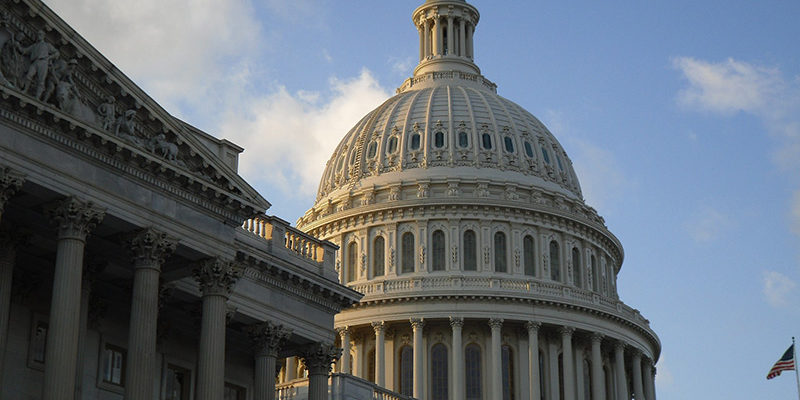With the recent debt ceiling deal avoiding a default on the U.S. debt, all eyes are now on the 2023 Farm Bill. Fighting for a strong farm safety net is more critical than ever before to maintain food security for all Americans.
Producers have already made it clear to Congress that additional funding and support in the upcoming Farm Bill is necessary. They’ve been speaking out on the importance of farm policy at Listening Sessions across the country, as well as testifying on issues such as crop insurance, increased input costs, and geopolitical challenges before the House and Senate Agriculture Committees.
There is no more important voice in the Farm Bill conversation than that of the American farmer and rancher, so here are some powerful quotes from recent hearings that show how the farm safety net is vital to American farmers and ranchers, and why it must be strengthened to ensure the success of the next generation and protect our food security.
“A strengthened safety net would ultimately be more cost effective for farmers and taxpayers than continued ad hoc programs.”
− Kirk Satterfield, third-generation family rice farmer and USA Rice Chairman
“[Farmers have] to make an above average crop at a very good price to make everything work. And that’s not a sustainable situation. We’re having to use every efficient tool we have just to get there and make it work.”
− Shawn Holladay, fourth-generation cotton farmer and National Cotton Council Chairman
“Right now, the costs are out of control. A strengthened safety net would ultimately be more cost effective for farmers and taxpayers than continued ad hoc programs.”
− Rich Hillman, rice farmer on behalf of the USA Rice Federation
“If it wasn’t for federal crop insurance, I wouldn’t be the sixth-generation farmer on my family’s farm in Sumner Country, and there’s probably no chance that the seventh generation that’s at home right now would be able to take over.”
– Craig Meeker, National Sorghum Producers Chairman
“We are real farmers, real farms, real jobs. Real communities depend on us… All Americans are in the same boat of needing a safe and affordable food supply to keep us a free nation. If we become dependent on the foreign supply chain, we will cease to be a free nation.”
– Ardis Hammock, sugarcane farmer on behalf of the American Sugar Alliance
“Farming is a risky business requiring a strong safety net. Wheat farmers rely on the certainty of the crop insurance program. In turn, the American people can depend on American farmers, who are able to continue to withstand natural disasters and produce the most stable and affordable food supply in the world.”
– Brent Cheyne, runs a century certified farm with his son and president of the National Association of Wheat Growers
America’s no-cost sugar policy “acts as our safety net,” and “[without it], we will be exposed to heavily subsidized, dump sugar prices that are well below the cost of production.”
– Patrick Frischhertz, sugarcane grower and American Sugar Cane League Chairman on behalf of the American Sugar Alliance
“I encourage the committee to write a Farm Bill that provides long-term stability for the future and addresses the challenges that continue to be faced by our industry.”
− Patrick Johnson, cotton farmer and director of the National Cotton Council
“Many of the jobs and businesses generated and supported by the U.S. sugar industry are in rural areas and urban areas where good blue-collar jobs have become harder and harder to find. As an industry, we are proud to provide high-paying good jobs in our communities.”
– Neil Rockstad, sugarbeet farmer from Minnesota on behalf of the American Sugar Alliance
The concerns expressed by farmers and agriculture leaders about the farm economy are certainly not unfounded. In fact, the Senate Agriculture Committee recently highlighted USDA data on record-high farm production expenses – forecast at nearly $500 billion in 2023.

Between this undisputed data and these powerful producer testimonials, the message is clear: To protect today’s food security and the future of American agriculture, strengthening the farm safety net must be a top priority for Congress.

